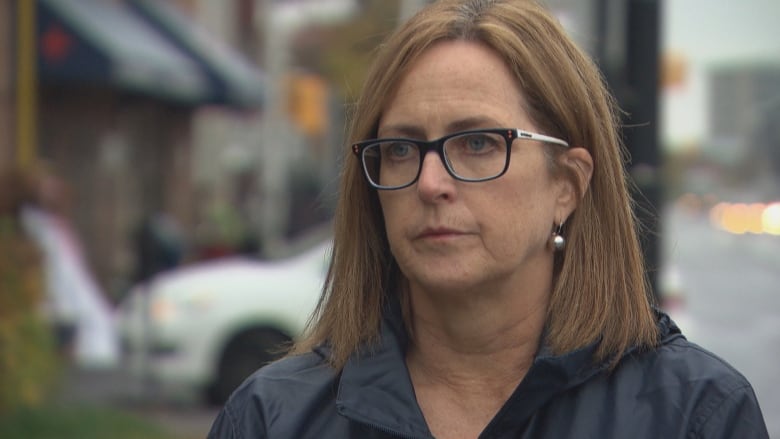
Cece Van Aert is struggling to replace the volunteers who left.
As a volunteer co-ordinator with Ausome Ottawa, a registered charity that enriches the lives of children with autism through sport and recreation, Van Aert found it harder than usual to recruit volunteers for the organization’s annual ‘Tot or Treat’ Halloween event.
The event, which took place Sunday at the Terry Fox Athletic Facility, lets kids on the autism spectrum make crafts, brave obstacle courses and even practice knocking on a fake door to reduce anxiety around trick-or-treating.
Van Aert said the event, and others like it, can only exist with the help of volunteers. But Ausome Ottawa lost about three quarters of its volunteer base during the COVID-19 pandemic. Its talent pool of around 400 dwindled to just 100 at its lowest mark this summer.
“We’re not the only ones. So many other organizations need the volunteers,” Van Aert said. “It’s almost a fight for this small pool of people who are willing to volunteer their time.”
Christine Trauttmansdorff, executive director of the recruitment association Volunteer Ottawa, said the problem is felt widely across its hundreds of member organizations.
“The numbers are less than we would like to see them right now,” she said. “We had, obviously, a really rough couple of years. Lots of programs shut down, weren’t able to welcome volunteers into their programs and services, and now they’re ready to have them back.”
But several local organizations across a range of sectors told CBC News it’s been difficult convincing those volunteers to return.
These organizations include The Ottawa Hospital, Montfort Hospital, Loisir Sport Outaouais, Shepherds of Good Hope and the Therapeutic Riding Association of Ottawa-Carleton.
Older volunteers less likely to return
Not all agencies are struggling, however. A spokesperson for CHEO said the children’s hospital isn’t having the same difficulty attracting volunteers as other hospitals in the region.
But for many, the shortfall is significant.
According to Trauttmansdorff, the volunteer force at The Ottawa Hospital shrank from around 1,800 active volunteers before COVID-19 to around 700 today.
At the Montfort Hospital, that number went from around 300 to less than 100.
Similarly, the roughly 200 Ottawans who volunteer at the Shepherds of Good Hope is a fraction of the 500 who did so before the pandemic.
Diedre Freiheit, executive director of Shepherds of Good Hope, said although the organization hasn’t cut any services, it has been forced to modify how it delivers them. They now serve some meals in biodegradable containers, for example, because there aren’t enough staff to wash dishes.

Many of the organizations CBC interviewed said older volunteers were the most likely to leave during the pandemic and remain the most reluctant to return.
Although young Canadians are more likely to volunteer, older volunteers contribute more total hours of their time, according to the most recent data from Statistics Canada.
‘Part of the human makeup’
Nonetheless, Trautmansdorff is optimistic the volunteers will eventually return.
“I think volunteerism is part of the human makeup,” she said. “I think people want to get out and reconnect and feel as though they’re contributing something to their community.”
Through a recent recruiting drive in local high schools and universities, Ausome Ottawa has partly replenished its ranks from its summer low, and now has around 150 regular volunteers.
Van Aert said around 60 of them helped run the Tot or Treat event on Sunday.
“Volunteering is what people do when they’re comfortable and they have extra time to fill,” she said. “Right now they’re still trying to get comfortable.”